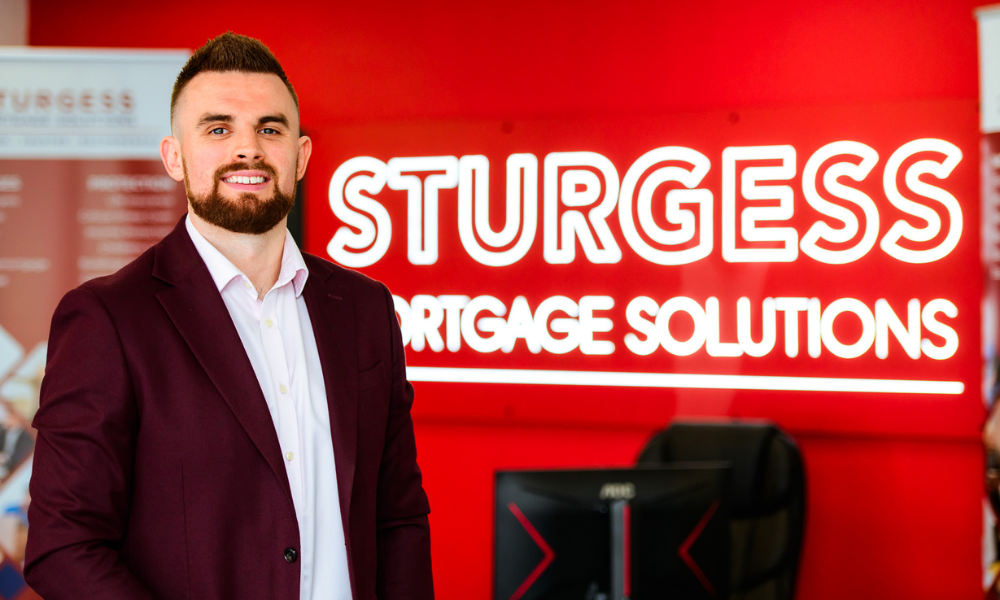Shaun Sturgess of Sturgess Mortgage Solutions on the risks of rapid expansion – and the case for control.

For many mortgage brokers, the dream of building a large advisory team often comes with a hard dose of reality. According to Shaun Sturgess, principal at Sturgess Mortgage Solutions, the biggest challenge in growing from a solo operator into a full-scale business isn’t the hiring – it’s the consistency.
“When you're a one-person operation, everything is done your way – the client experience, the standards, the turnaround times,” said Sturgess. “But as soon as you bring in more people, you’re introducing different personalities, work ethics, and interpretations of what ‘great service’ looks like. That’s where things can start to slip if you’re not careful.”
Growth without compromise
Rather than simply scaling headcount, Sturgess recommends a more deliberate approach: enhance what already works. For his own firm, that meant building around a core principle – one broker, supported by a strong administrative and client service team.
“It gives me control over the advice side while ensuring every client still receives the personal, high-quality service our brand is known for,” he said.
In highly regulated, relationship-driven markets like the UK mortgage sector, brand integrity can quickly erode when new hires don’t align with core values. The popular self-employed broker model, Sturgess argues, often compounds this problem.
“It sounds attractive, but in practice, it comes with a lack of accountability and brand control,” he said. “When your name is above the door, every client experience reflects directly on you – whether or not you were involved in the case.”
Hire slow, build structure
To protect brand reputation, Sturgess advocates for structure over scale. That means putting culture and client outcomes ahead of commission splits.
“Contracts drive behaviour,” he said. “If advisers don’t buy into your values, service standards, and way of working, then no amount of commission split will align them with your vision.”
Rather than bringing in loosely affiliated brokers, firms should build systems where new advisers are genuinely integrated into the business. “Culture must be non-negotiable,” Sturgess said.
Repeatability is success
For firms looking to grow, one of the most dangerous assumptions is that others will treat clients the same way you do. “They won’t – unless you give them the tools, systems, and expectations to do so,” he said.
Sturgess points to a well-defined client journey as essential infrastructure. From communication timelines to post-completion support, “it’s not sexy, but it’s essential.”
His biggest lesson? “Growth for the sake of growth is a mistake.”
What the future demands
Looking ahead, Sturgess believes brokers who “systemise and specialise” will outpace the generalists.
“Clients want advice quickly, delivered professionally, and followed up with precision – and that requires back-end infrastructure,” he said.
More brokers are now adopting franchise-style thinking: centralised admin teams, consistent branding, and a clear proposition. While technology will play a role, its value depends on the strength of the processes behind it.



